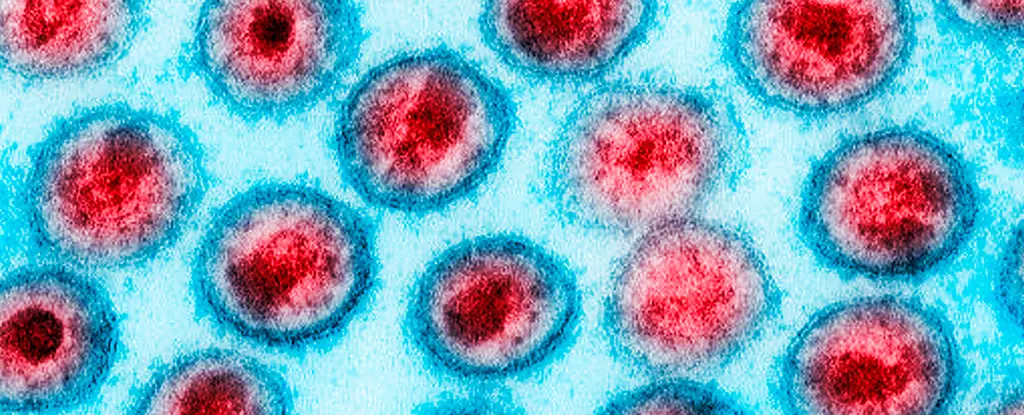Circumcision has long been a topic of discussion when it comes to its potential impact on reducing the risk of HIV transmission among men who have sex with men. While observational studies have pointed towards the benefits of circumcision in preventing STIs like HIV, there has been ongoing debate due to potential sampling biases. However, a recent randomized controlled trial conducted by researchers from Sun Yat-sen University in China has added weight to the claims that circumcision may indeed reduce the risk of HIV infection among this demographic.
The Study
The study involved comparing two randomly-assigned groups of men who voluntarily underwent circumcision over a period of twelve months. The participants were uncircumcised men between the ages of 18 and 49, all of whom were HIV-seronegative and reported having primarily insertive anal intercourse with two or more male sex partners in the past six months. The intervention group of 124 men received immediate circumcision, while the control group of 123 men had their circumcision delayed by a year.
During the study period, none of the men in the intervention group who received immediate circumcision became infected with HIV, while five men in the control group experienced seroconversions. This indicates a potential protective effect of circumcision against HIV transmission. However, the study found no statistically significant differences in infection rates of three other sexually transmitted diseases tested for.
It is important to note that there are some limitations to the study. The sample size was smaller than ideal, and the overall rate of HIV infection was lower than expected. Additionally, the practice of circumcision, especially when carried out on minors, remains a controversial issue. Campaigns promoting circumcision in Africa, for example, have been criticized for their potential cultural insensitivity and imposition of Western beliefs on African communities.
While the study suggests that voluntary medical male circumcision could offer some protection against HIV infection for men who have sex with men, the researchers caution against overstating the implications. They emphasize the importance of offering comprehensive protection against HIV through additional preventive measures, rather than solely relying on circumcision.
While circumcision may play a role in reducing the risk of HIV transmission among men who have sex with men, it is essential to consider the broader context in which such interventions are implemented. Cultural sensitivity, ethical considerations, and a comprehensive approach to HIV prevention are crucial aspects to keep in mind when discussing the potential impact of circumcision on public health initiatives.



Leave a Reply